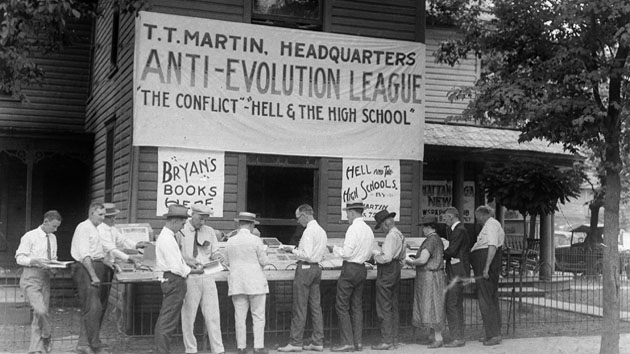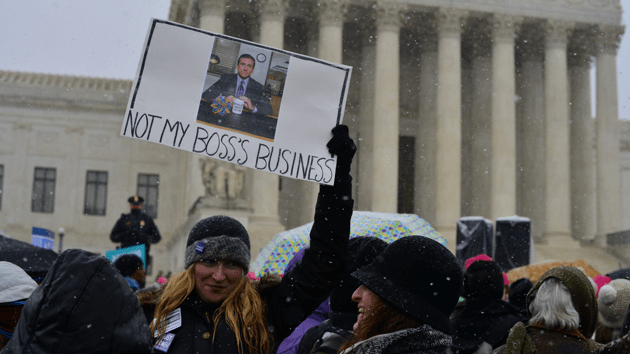
Maria Maarbes/Shutterstock
According to a new study published by the Pew Research Center today, the largest shift in religious demographics over the past seven years is in the number of Americans who don’t affiliate with any religion at all. The study, which started in 2007 and surveyed more than 35,000 people, saw this group jump from 16.1 to 22.8 percentage points—with young, college-educated Americans being the most religiously unaffiliated:
While many U.S. religious groups are aging, the unaffiliated are comparatively young – and getting younger, on average, over time. As a rising cohort of highly unaffiliated Millennials reaches adulthood, the median age of unaffiliated adults has dropped to 36, down from 38 in 2007 and far lower than the general (adult) population’s median age of 46.4 By contrast, the median age of mainline Protestant adults in the new survey is 52 (up from 50 in 2007), and the median age of Catholic adults is 49 (up from 45 seven years earlier).
The findings had some disappointing news for Christians. While the number of people who identify with the religion has been waning for decades, the drop in the Christian population has been the sharpest of all in recent years with fewer Americans than ever before identifying themselves as Christians.

Other interesting details include: Religious intermarriage is up. Christians are getting more diverse. And Muslims and Hindus are seeing significant increases in their numbers. For more, head over to the Pew Research Center here.














